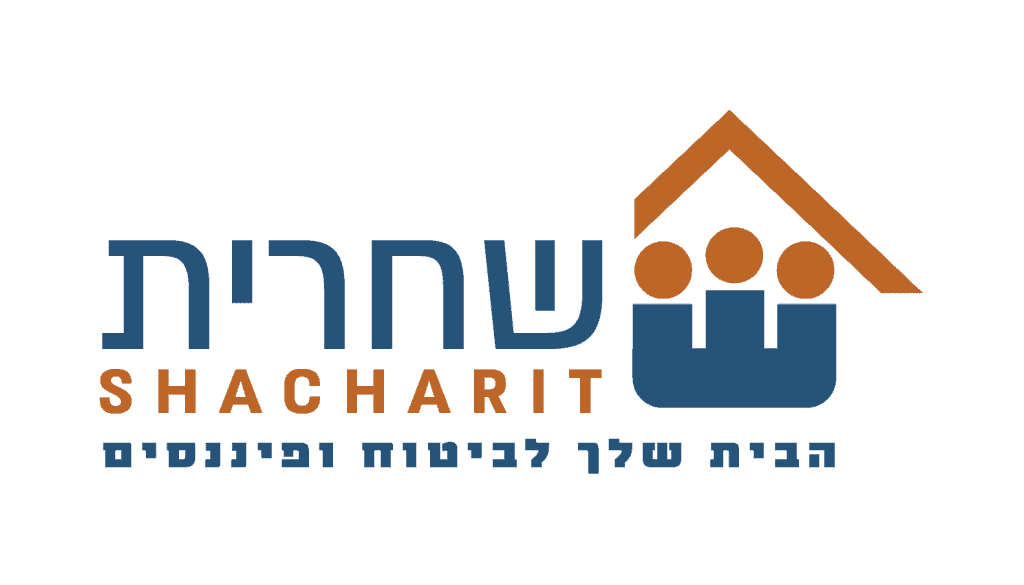Are you a controlling shareholder or company owner? Here’s how to make tens of thousands of shekels of your earnings tax-free:
The self-employed, business owners, and controlling shareholders in a business can set aside money in pension and education funds (keren hishtalmut) and qualify for tax benefits on that money. The Israel Tax Authority’s regulations on employees who are also controlling shareholders in the business differ slightly from the regulations on the self-employed or business owners, but this article will still be useful for those situations. Here’s a simple guide on how to get the most out of your tax benefits:
Pension Savings: (Pension fund, and/or executive insurance and/or provident fund):
The minimum required by law: The employer must contribute an amount equaling 6.5% of the employee’s gross salary, while the employee must contribute 6% of their gross salary. The employer also must contribute an amount equaling 6% of the employee’s gross salary to a separate fund that is used for severance pay in the event of firing.
The maximum allowed by law: The employer may contribute an amount equaling up to 7.5% of the employee’s gross salary, and the employee may contribute up to 7% of their gross salary. The employer may also contribute an amount equaling up to 8.33% of the employee’s gross salary to the severance pay fund.
The employer’s contribution: up to a salary of 26,378 shekels, all contributions by the employer to the pension fund, up to 7.5% of the salary, are classified as business expenses for the employer and are not classified as income for the employee! For salaries above that amount, contributions by the employer will still be classified as business expenses, but will be classified as income for the employee. The bottom line: if your monthly salary is under 26,378 shekels it is best if your employer contributes the maximum amount allowed by law, 7.5%. If you earn more than that per month, then any employer contributions to your pension fund above this ceiling will be considered income, so there is no benefit there, as personal income is taxed at a higher rate.
The employee’s contribution: The employee gets a 35% tax credit on contributions to their pension fund on insured salaries up to 8900 shekels. Your insured salary may not be your full salary, but if possible, your contribution to your pension fund should be calculated using your full salary, so that your employer’s contribution to your pension will also be calculated using your full salary, and you will reap the tax benefits on employer contributions detailed above. The bottom line: for salaries up to 8900 shekels, you should contribute 7% of your salary to your pension fund. For salaries above this amount, contribute 6% of your salary, or 7% of 8900 (623 shekels), whichever is higher.
The severance pay fund: Contributions by the employer up to 12,640 shekels per year, (1,053 shekels per month), are classified as business expenses, and are not classified as income for the employee. Employer contributions between 12,380-34,900 shekels per year are not classified as business expenses, but are also not classified as income for an employee who is a controlling shareholder. Usually, your marginal income tax rate plus Bituach Leumi will be higher than the corporate tax, which is 24%, so it makes sense as a controlling shareholder and employee to contribute more than 12,640 shekels per year to your severance fund, up to 34,900 shekels, or 2908 shekels per month.
Education fund (Keren Hishtalmut):
The minimum required by law: none
The maximum allowed by law: the employer may contribute an amount equaling up to 7.5% of the employee’s gross salary. The employee may contribute up to 2.5% of their gross salary.
The employer’s contribution: for salaries up to 15,712 shekels per month, contributions equaling up to 4.5% of the salary are classified as business expenses. Contributions above 4.5% and up to 7.5% of the salary are not classified as business expenses, but are also not classified as income for the employee. Usually your marginal income tax rate plus Bituach Leumi will be higher than the corporate tax rate, which is 24%, so it makes sense as a controlling shareholder and employee to contribute the full 7.5%, so that it will not be classified as personal income. Additionally, the first 4.5% of the contribution will still be corporate tax-exempt. Finally, the entire keren hishtalmut is exempt from capital gains tax, which is 25%. The bottom line: the optimal employer contribution to a keren hishtalmut, especially for an employee who is also a controlling shareholder, is 7.5% of the salary for salaries up to 15,712 shekels per month.
The employee’s contribution: If the employer contributes a sum equaling 4.5% of the employee’s salary, then the employee must contribute 1.5% of their salary to the keren hishtalmut. If the employer contributes 7.5%, then the employee must contribute 2.5%. There are no tax benefits on employee contributions to a keren hishtalmut, apart from enabling the employer contribution, which does have tax benefits. The bottom line: For salaries up to 15,712 shekels per month, if the employer makes a 4.5% contribution, then the employee msut contribute 1.5%, and if the employer makes a 7.5% contribution, then the employee must contribute 2.5% This article is for informational purposes only. It is not exhaustive, and does not constitute professional advice. The author is not responsible for direct or indirect damage caused by use of the information in this article. Always consult a professional when dealing with pension funds.
